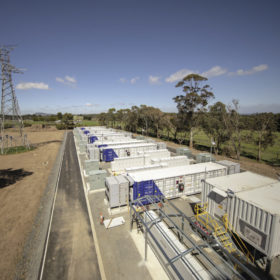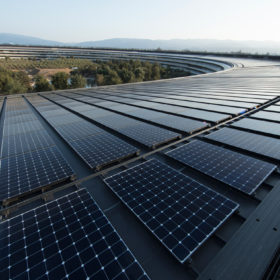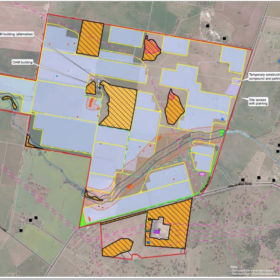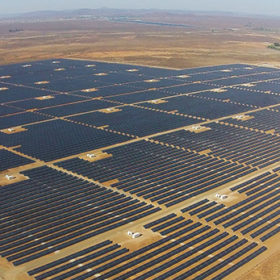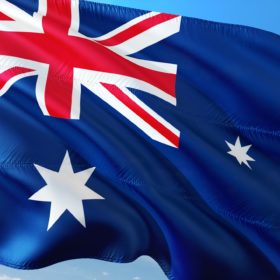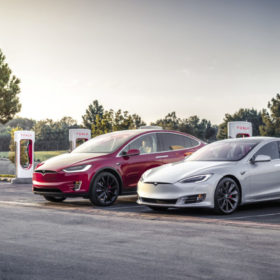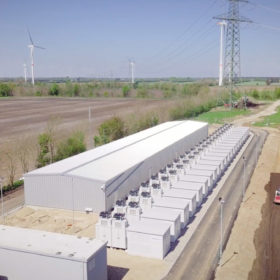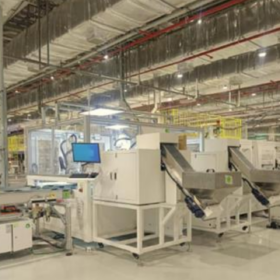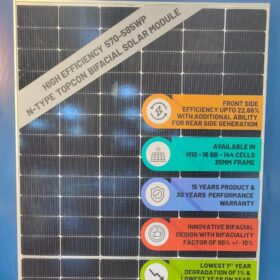UK based Faradion to start sodium-ion battery manufacturing in India
The sodium-ion battery technology developer has bagged its first order from ICM Australia and is looking at India as the next destination for manufacturing with the initial target set as 1 GWh.
Coronavirus could cost Chinese battery makers 26 GWh of output
WoodMac analysts say the amount of new battery manufacturing capacity added in the nation this year could fall by as much as 10% because of the outbreak. With Tesla’s Shanghai gigafactory affected by the extended new-year-holiday shutdown, the analyst warned of potential supply shortages for Australia and the U.S. and U.K.
Corporate clean energy PPAs surge globally, but India sees a drop
Year 2019 saw some 19.5 GW of wind and solar energy contracted by corporations globally through power purchase agreements, up more than 40% from the previous year’s record. The bulk of this purchase occurred in the U.S. with tech companies and oil and gas majors leading the charge. India, however, saw a drop amid rollback of attractive policies, says a new report from BloombergNEF.
“Our LFP battery technology is ideal for the Indian market”: SimpliPhi Power CEO
California-based SimpliPhi Power, which designs and manufactures lithium ferro phosphate (LFP) energy storage systems, has brought off-grid power to everything from the giant moon on Conan O’Brien’s talk show set to U.S. troops in Afghanistan and Iraq, to rooftops for Whole Foods and Airbnb. As the company prepares to enter into India, CEO and President Catherine Von Burg tells pv magazine why their LFP technology is best suited for India and their plans for the country.
Sterling & Wilson begins construction of 200 MW solar project in Australia
Two years after announcing its market entry, the India-based EPC heavyweight has commenced construction of its first Australian project.
Distributed storage market to grow nearly twentyfold by 2028
Market intelligence company Navigant Research has developed a country forecast of the global market. Incentives and pricing will be the main driver of installations, though the market will continue to be concentrated in certain key regions, including India, for now.
Sterling & Wilson bags EPC order for 1.09 GW DC solar farm in Middle East
Worth around US$635 million, the latest award follows the EPC contract for a 200 MW DC solar farm in Australia amounting to AUD 220.83 million.
Australia’s Townsville battery gigafactory reaches new milestone
Plans to develop an 18 GWh lithium-ion battery factory in northern Queensland have reached an important milestone with the project feasibility study submitted to the Queensland government.
Australia shows the way forward for EVs in nations with vast distances
The Australian Renewable Energy Agency will contribute $15 million towards a planned nationwide network of ultra-fast charging stations that could show the way ahead for electromobility in India.
Energy storage installations to grow 122-fold by 2040; India among top 3
The global installed capacity will grow from a modest 9 GW/17 GWh as of 2018 to 1,095 GW/2,850 GWh in the next two decades. Just 10 countries will account for almost 75% of the overall gigawatt market, with China, USA, India and Germany leading the pack.

